Boating laws and responsibilities in Texas are regulated by the Texas Parks and Wildlife Department (TPWD). Here are some key aspects of Texas boating laws you should be aware of:
1. In Texas, boater education is required for people born on or after September 1, 1993. This applies to anyone who wants to operate a vessel with a motor of 15 horsepower or more. The operator must carry a valid Boater Education Card or a certificate of completion when operating a vessel. 2. Personal Flotation Devices (PFDs): Every vessel must have a U.S. Coast Guard-approved PFD (life jacket) for each person on board. Children aged 13 and under must wear a PFD when the boat is in motion. They are exempt if they are in an enclosed cabin or below deck.
3. Intoxicated Boating (Boating Under the Influence): Operating a vessel while under the influence of alcohol or drugs is illegal in Texas. The legal limit for boating under the influence (BUI) is a blood alcohol concentration (BAC) of 0.08% or higher. Penalties for BUI can include fines, imprisonment, and suspension of boating privileges.
4. Navigation Rules: Vessels must follow navigation rules and maintain a proper lookout to prevent collisions. This includes maintaining a safe speed, yielding to vessels on the right, and taking necessary action to avoid collisions.
5. Boats with enclosed engine compartments, permanently installed fuel tanks, or closed living spaces must have a fire extinguisher. This fire extinguisher must be approved by the U.S. Coast Guard.
6. Boats must have a sound-producing device, such as a horn or whistle. This device must be audible for at least half a mile, to signal intentions or warnings.
7. Registration and Title: Most motorized boats must be registered with TPWD. Boats that are powered by an electric motor or are sailboats under 14 feet in length are exempt from registration. Vessels over a certain length and sailboats with auxiliary motors may also require a title.
8. Observe speed limits and no-wake zones in designated areas. This includes marinas, harbors, and near shorelines.
9. Marine Sanitation Devices: Properly dispose of sewage waste from marine sanitation devices in accordance with Texas regulations. It is prohibited to discharge untreated sewage into state waters.
10. Ensure your boat is equipped with the necessary safety equipment. This includes navigation lights, a throwable flotation device, visual distress signals, and a functioning fire extinguisher.
These are some of the key boating laws and responsibilities in Texas. Familiarizing yourself with the boating regulations outlined by the Texas Parks and Wildlife Department is important. This ensures compliance and promotes safe boating practices.



